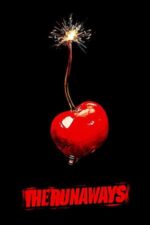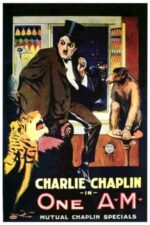More Than Just a Tipple: How Alcohol Reflects Us on Screen
Okay, let’s talk about alcohol in film. Now, I know what you're thinking – isn't that just for clichés? The brooding detective with a whiskey glass, the celebratory toast at the wedding… and yeah, we see those tropes. But the truth is, alcoholic drinks—and their consumption—have been fertile ground for filmmakers to explore deeper themes about human connection, vulnerability, societal pressure, and even rebellion. It’s far more nuanced than just a prop!
Take One A.M. for instance. That film isn't shouting about alcoholism; it's quietly observing the absurdity of a seemingly everyday situation spiraling out of control when someone is impaired. It’s relatable because we all know that slightly awkward, slightly panicked feeling of trying to regain your bearings after a few too many—and seeing how even simple tasks become monumental hurdles. It strips away any veneer and shows us just how fragile our competence can be.
Then you have films like Right Now, Wrong Then. The sharing of food and drink there isn’t about intoxication; it's a lubricant for connection. It breaks down barriers. Think about how often we bond with someone over a shared meal or a glass of wine! It’s part of our rituals, a way to relax and open up—a key ingredient in forging relationships, however fleeting. It speaks to that fundamental human desire for intimacy.
Now, let’s shift gears entirely. The Runaways uses alcohol – and the associated lifestyle – as a visual shorthand for rebellion. It's not necessarily about the act of drinking itself, but what it represents: defiance of societal norms, embracing freedom, pushing boundaries. It’s part of their image, a marker of their independence in a world trying to box them in—a pretty powerful statement considering the era they were operating in. In a way, it's similar to how cigarettes have been used in films throughout history as symbols of cool and transgression.
Finally, Strangerland, while a thriller at heart, shows how alcohol can be linked to hidden secrets and societal dysfunction within a seemingly idyllic community. It’s not the central focus, but its presence hints at something darker bubbling beneath the surface—a way for people to numb themselves or perhaps escape reality altogether.
I think what all these films demonstrate is that alcoholic drinks aren't just about getting drunk; they're mirrors reflecting different facets of human experience. They can expose vulnerability, facilitate connection, fuel rebellion, and even conceal unsettling truths. So next time you see a character raising a glass on screen, I hope you’ll look beyond the drink itself and consider what it really represents – because there's often a lot more going on than meets the eye!
What are some films that come to your mind when you think about alcohol being used in interesting ways? I’d love to hear your thoughts!























